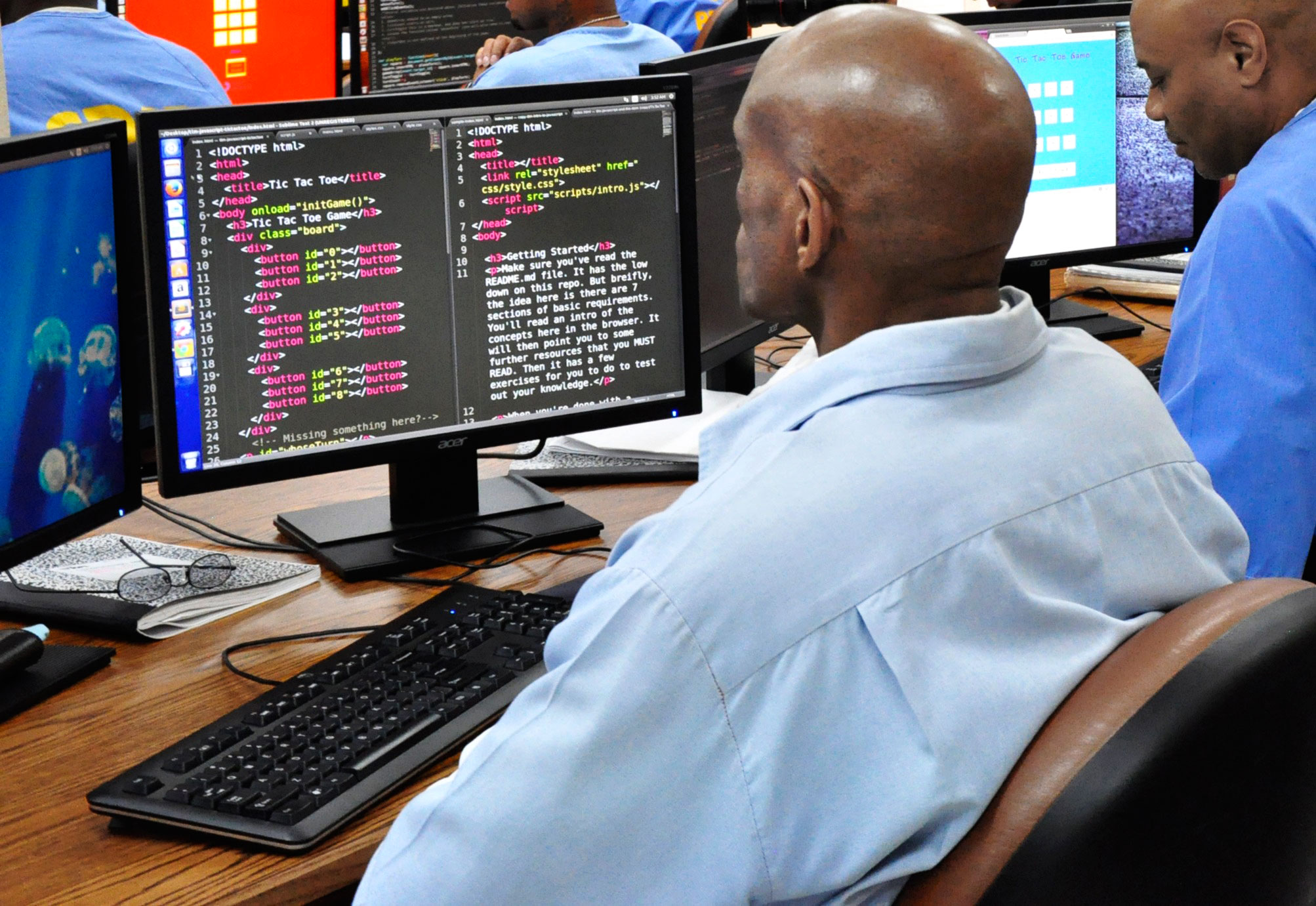
In theory, we put criminals in prison to punish them, to incapacitate them (for a time), to deter others from following their bad example and to rehabilitate them. Since well over 90% of offenders are eventually released back into society, you would think the last reason would be a priority: to instill the skills and self-discipline conducive to living within the law. But most prisons–remote from population centers, sequestered from society and often fearful of a political backlash if incarceration seems too “soft”–offer at most high school GED classes and manual-labor training, not exactly a passport to a stable life after prison.
In that respect, San Quentin, California’s oldest prison, has something to teach us.
The prison has its share of bedlam: rival gangs, random violence, an enervating solitary ward and the country’s most populous death row. But blessed by its location in the affluent, do-gooder community of Marin County, it also offers an astounding array of opportunities for inmates intent on self-betterment.
San Quentin has 3,000 volunteers for an incarcerated population of about 4,000. The men can sign up to perform Shakespeare, learn anger management, get addiction therapy, do yoga and meditation, learn an instrument, work on the prison newspaper and radio program and take college courses. Research on the effects is spotty, but studies suggest that participants in such programs are far less likely to end up back in prison.
Notable among these offerings is the Last Mile, the first program to teach inmates software-engineering skills. The idea is to earn inmates a little money doing contract code writing for nearby Silicon Valley while they are still incarcerated and, more important, to prepare them for a hungry tech-job market when released. Co-founder Beverly Parenti says the program hopes by next year to have 200 participants at four California prisons and to reach beyond the state. That it works at all given the challenges–almost all prisoners live in a world in which the Internet doesn’t exist, for one–offers a lesson to prisons across the country.
Keller is the editor in chief of the Marshall Project
More Must-Reads from TIME
- Cybersecurity Experts Are Sounding the Alarm on DOGE
- Meet the 2025 Women of the Year
- The Harsh Truth About Disability Inclusion
- Why Do More Young Adults Have Cancer?
- Colman Domingo Leads With Radical Love
- How to Get Better at Doing Things Alone
- Michelle Zauner Stares Down the Darkness
Contact us at letters@time.com